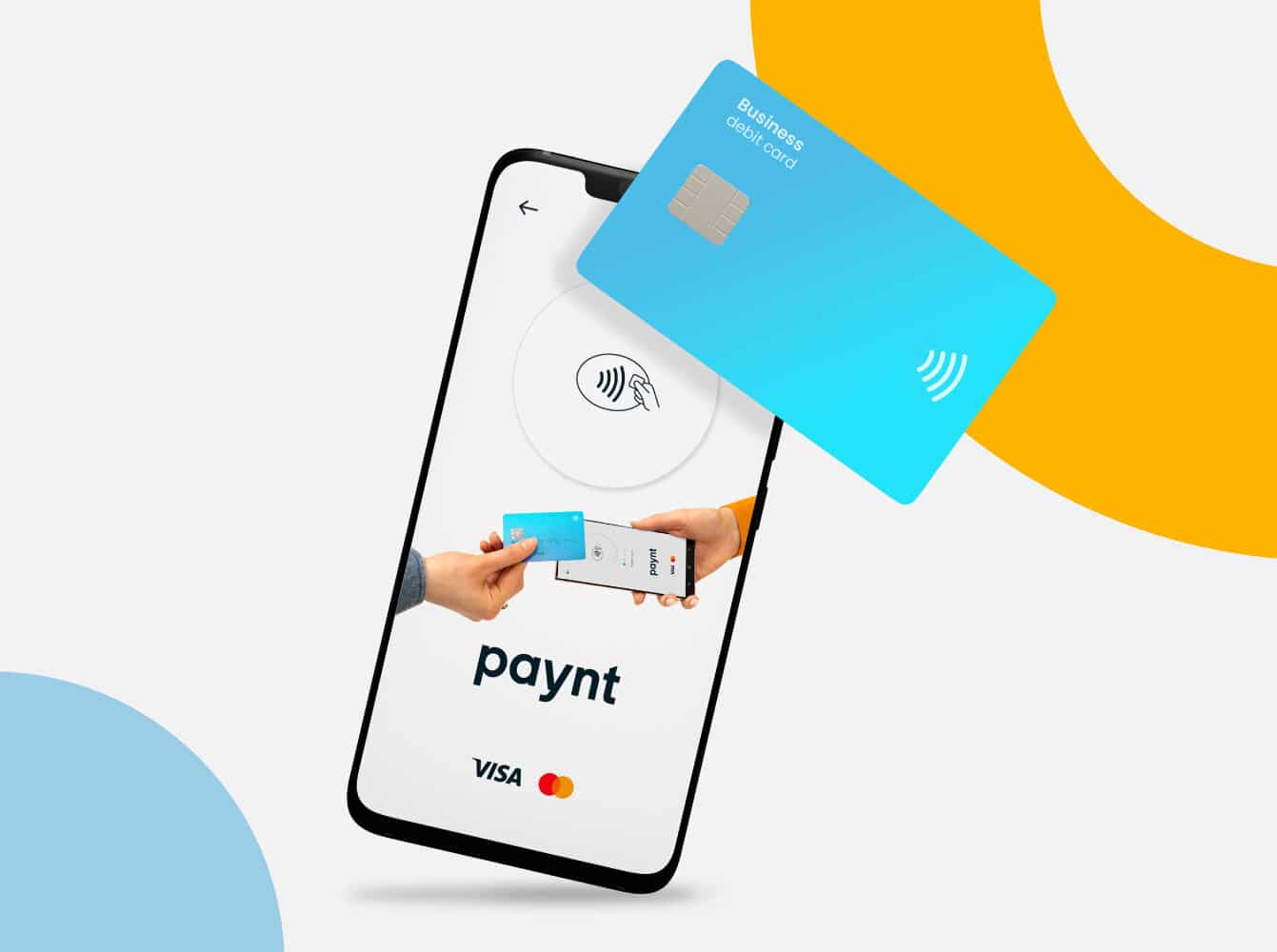
Merchant onboarding has always been an important topic.
The outbreak of COVID-19 has forced businesses of all shapes and sizes to re-evaluate how they can sell through the multitude of channels while offering the best possible experience for their clients. Accordingly, the resulting mass adoption of the necessary financial tools and solutions for enabling sales has been happening at a staggering pace across many industries.
Nevertheless, merchant onboarding has remained one of the biggest areas of contention for financial services. Deloitte’s poll back in 2017 found that customers expect personalization and a far better experience from onboarding onwards.
With everything taking place online now, it’s never been more important for an merchant acquiring specialist and its partners to have a straightforward, quick, and adaptable merchant onboarding system in place because the alternative is bad news.
The frictions of merchant onboarding
As the first step for any business, merchant onboarding has become an essential piece of a broader market mentality for acquirers of all kinds, as the Mckinsey report found in 2020. Because of this, small and medium-size businesses have their sights set on payment providers that can provide the best (or least painful) process.
Even so, some major friction points stick out:
- The entire process from first contact to successfully being onboarded takes too much time,
- Lack of transparency on what documents are needed to pass all required know-your-customer (KYC) checks,
- Reactive communication – potential users are left in the dark while their application is processed.
The consequences of all of this are something both merchants and payment providers have been dealing with through gritted teeth. The longer, more challenging, and less transparent the merchant onboarding process is the more time, work, and costs all parties incur. For the merchant, its future opportunities not being acted on. And for the partner? It’s days and weeks of no payment activity and a deeply annoyed ‘onboarded’ end-user.
Of course, businesses know that merchant onboarding is a means to an end. But that doesn’t lessen the frustration. According to North Highland’s research, 20% of onboarded customers drop away, even before making their first transaction. With a bad first impression for customers, the first 6-12 months suddenly become a ‘danger zone’ for customer drop-off.
For partners looking to get their merchants up-and-running and making transactions as fast as possible, a slow onboarding process would mean that, even before a customer got started, they’re already eyeing the door.
This isn’t acceptable, so, at Paynt, we’ve reinvented merchant onboarding. So much so that, where the average time from start to approval, where institutional payment provides take days, often weeks, to get users ready for action, Paynt gets merchants up and running in 24-48 hours*!
So, what sets Paynt apart? And what does it all mean for our partners? Let’s break it down.
Going the extra mile, automatically
One of the most annoying parts of getting signed up for financial services is knowing what kind of paperwork you need to have on hand to get through, which can sometimes feel more like an ordeal than work!
Finding and putting together all of the paperwork a business needs is such a hassle, it’s no surprise that 38% of business owners abandon the whole process to track down all the documents (on and offline) and get them submitted.
It’s an unspoken plus of Paynt when it comes to the merchant onboarding process, our team goes the extra mile. We track down all the information they need to get you fully approved and ready to do business – as soon as possible.
Plus, we have developed an automated verification solution that, whenever possible, pulls the necessary information from various national registries, saving our clients a lot of time and legwork. Thanks to these smooth and automated KYC processes, some of our partners have been able to start acquiring on the same day they began the merchant onboarding process.
Our partners don’t even need to worry about PCI/DSS compliance either, because the Paynt team takes care of that too!
Paynt’s dedication to transparency and continued improvement
Even with cutting-edge automated solutions and a proactive onboarding team, Paynt still constantly seeks new ways to improve, from the day-to-day operations to the systems in place.
Paynt’s client relationship and merchant onboarding teams regularly come together to uncover pain points that their clients face, collaborating to find ways to create a faster, more efficient payment process for Paynt’s users and partners.
At the core of all our efforts lies transparency. That’s why during our digital merchant onboarding process, our partners can see exactly how far along they are and what next steps await, allowing them to get a clear picture of what is left to do to begin acquiring.
What this means for our partners
Let’s circle back to the 3 chief merchant onboarding friction points and how Paynt has solved them:
- Lengthy process – solved through automation and dedicated merchant onboarding assistants,
- Opaque process – solved through a transparent merchant onboarding process that keeps merchants informed about current progress and next steps,
- Reactive communication – solved through the team’s proactive involvement in facilitating a tailored onboarding experience.
Nipping these issues at the bud means we lay a positive foundation for long-term collaboration.
Even looking at it from our partners’ perspective, dealing with users that have had a bad onboarding experience makes everything else an uphill struggle. Bad merchant onboarding means money lost, and a user might not stick around for much longer themselves, taking their business and transactions with them!
Paynt’s dedication to a user-centric service that goes the extra mile is a win-win-win. It lets merchants get onboarded quickly and efficiently, cutting down on time and costs for everyone involved.
The world of payments (and business) doesn’t have to be so complicated. Get to know Paynt, and how we can help set you ahead of the competition.
*24/48 hour duration depends on factors like business size, access to paperwork, and associated risk with that business owner’s industry.






